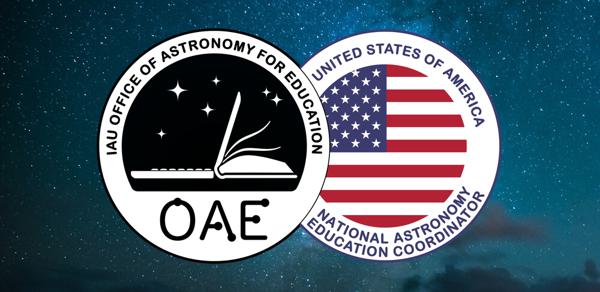Glossarbegriffe: Kosmologisches Prinzip
Description: Das kosmologische Prinzip ist die Grundlage der modernen Kosmologie und beruht auf Beobachtungen sowie einer grundlegenden Annahme. Es besagt, dass das Universum auf großen Skalen (Skalen größer als einige hundert Millionen Lichtjahre) räumlich isotrop und homogen ist. Beobachtungen auf hinreichend großen Skalen zeigen, dass das Universum in jeder Richtung gleich "aussieht"; es gibt keine bevorzugte Richtung (Isotropie). Die grundlegende Annahme, die auf dem Kopernikanischen Prinzip beruht (der Mensch nimmt keinen besonderen Platz im Universum ein), ist, dass das Universum überall gleich ist (Homogenität); es scheint keinen bevorzugten Ort zu geben. Das kosmologische Prinzip geht mit der Universalität der Naturgesetze einher, d. h. die physikalischen Gesetze und die grundlegenden Konstanten sind überall im Universum gleich, ob hier auf der Erde oder in einer fernen Galaxie.
Zugehörige Glossarbegriffe:
See this term in other languages
Term and definition status: The original definition of this term in English have been approved by a research astronomer and a teacher The translation of this term and its definition is still awaiting approval
The OAE Multilingual Glossary is a project of the IAU Office of Astronomy for Education (OAE) in collaboration with the IAU Office of Astronomy Outreach (OAO). The terms and definitions were chosen, written and reviewed by a collective effort from the OAE, the OAE Centers and Nodes, the OAE National Astronomy Education Coordinators (NAECs) and other volunteers. You can find a full list of credits here. All glossary terms and their definitions are released under a Creative Commons CC BY-4.0 license and should be credited to "IAU OAE".
If you notice a factual or translation error in this glossary term or definition then please get in touch.








